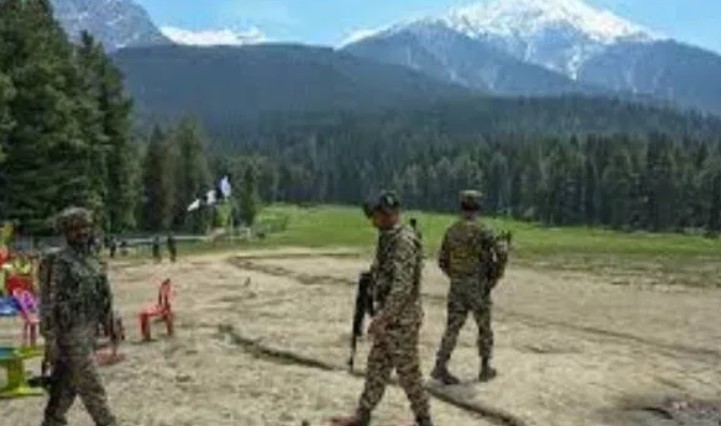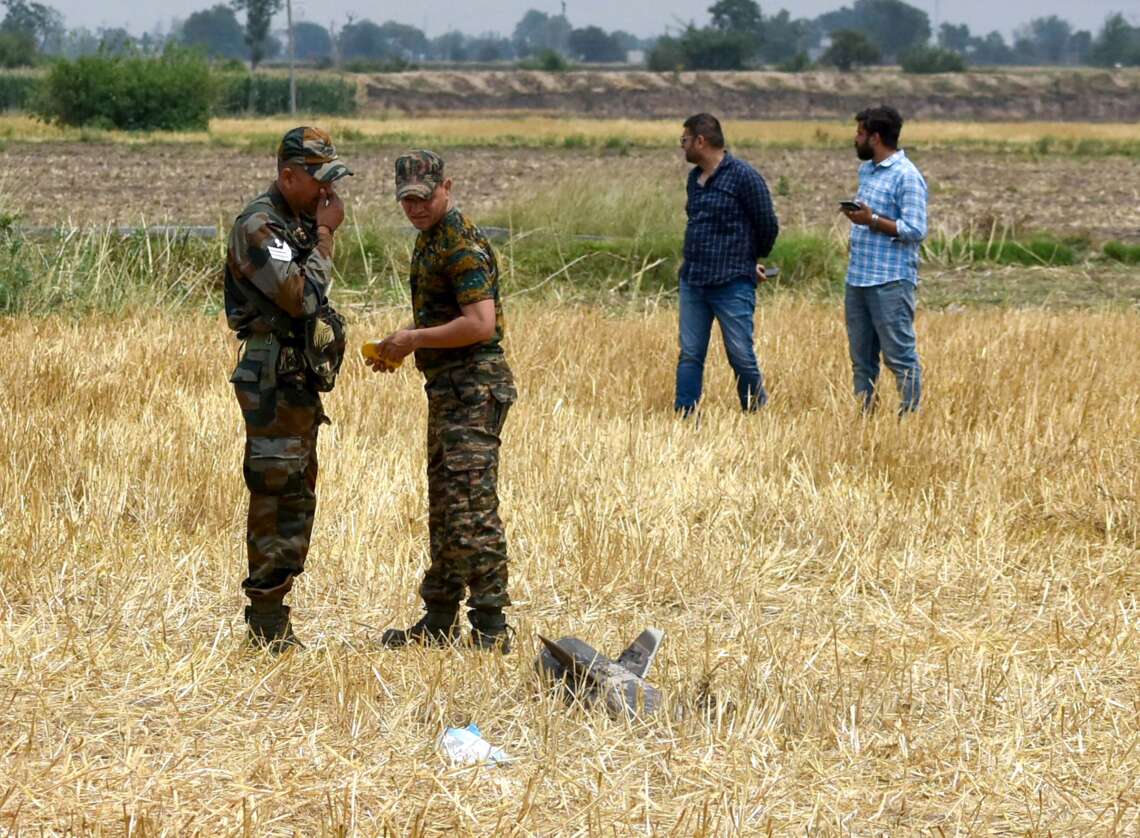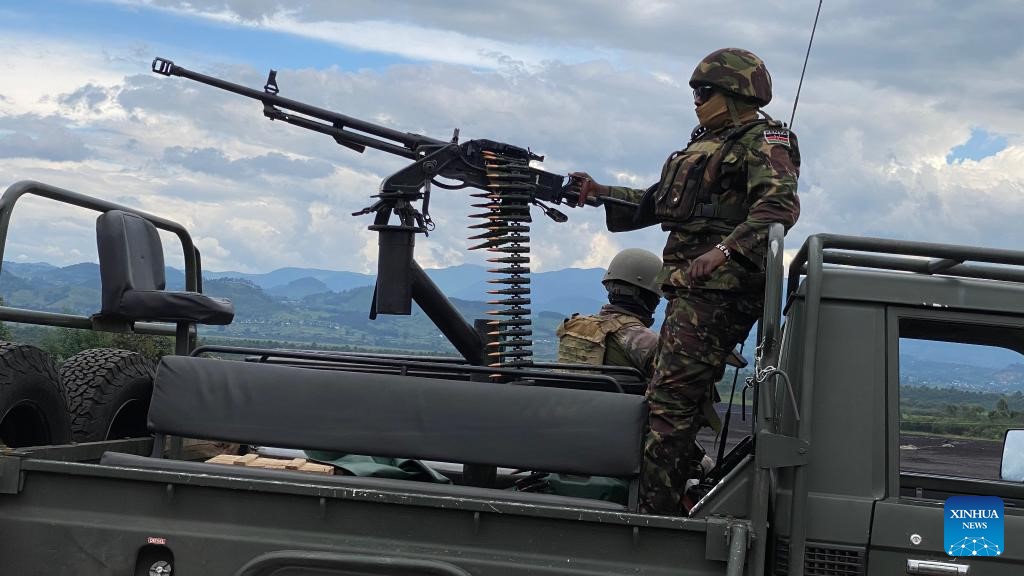In a significant diplomatic victory for India and a sharp rebuke to Pakistan’s decades-old terror strategy, the United States has officially designated The Resistance Front (TRF) as a Foreign Terrorist Organisation (FTO) and a Specially Designated Global Terrorist (SDGT). The move marks a critical step in exposing Islamabad’s continued patronage of militant groups operating in Jammu and Kashmir under the guise of local insurgency.
The US State Department’s announcement follows the 22 April massacre in Pahalgam, Jammu and Kashmir, where 26 Hindu pilgrims were brutally killed after being segregated by religion by the attackers. The incident, claimed by TRF, was the deadliest assault on Indian civilians since the 2008 Mumbai terror attacks carried out by Lashkar-e-Toiba (LeT), a Pakistan-based jihadi group with longstanding links to Pakistan’s Inter-Services Intelligence (ISI).
India welcomed the designation, calling it a “timely and important step” that underscores the deepening counter-terrorism partnership between New Delhi and Washington. In a statement, the Ministry of External Affairs reiterated India’s policy of “zero tolerance towards terrorism” and vowed continued cooperation with international partners to ensure accountability for terror outfits and their proxies.
Though presented as a local Kashmiri movement, TRF has been exposed repeatedly by intelligence and independent investigations as a mere front for LeT. Created in 2019, the outfit was part of Pakistan’s tactical response to growing international pressure, especially after it was grey-listed by the Financial Action Task Force (FATF) in 2018 for failing to curb terror financing. TRF was designed to give the appearance of an indigenous uprising, concealing LeT’s deep involvement and the Pakistani state’s hand in sustaining the militancy.
Similar proxy groups have emerged from other Pakistan-based organisations, such as the People’s Anti-Fascist Front (PAFF), which is understood to be a front for Jaish-e-Mohammad (JeM). These rebranded offshoots have carried out dozens of deadly attacks across Jammu and Kashmir, often with strategic coordination, funding, and shelter provided from across the border.
India’s response to the Pahalgam massacre was swift and multi-pronged. On the military front, Operation Sindoor was launched in early May, targeting terror launchpads and logistics hubs in Pakistan-occupied Jammu and Kashmir (PoJK). On the diplomatic side, New Delhi intensified its global outreach, dispatching parliamentary and diplomatic delegations to over 30 countries. These teams presented intelligence dossiers, intercepts, and evidence linking TRF’s operations directly to handlers in Pakistan.
This evidence campaign was particularly focused on United Nations Security Council members, with the exception of China, which has consistently shielded Pakistan at multilateral forums. Yet the US decision to designate TRF as a global terrorist outfit underscores a growing consensus—even among Pakistan’s traditional defenders—that Islamabad’s strategy of using terrorism as a tool of statecraft is untenable.
US officials were blunt in their assessment. “The TRF is a Lashkar-e-Toiba front and proxy,” said Secretary of State Antony Blinken, in a statement that removed any room for ambiguity. The announcement comes at a time when Pakistan is actively seeking to rebuild its ties with Washington, offering strategic cooperation in Afghanistan and Central Asia. But this designation underlines that counter-terrorism remains a red line.
India’s long-standing call for a “no distinction” approach to terrorism—where all acts of terror, regardless of geography or political context, are treated equally—appears to be gaining traction. Recent statements by BRICS nations, including those traditionally sympathetic to Pakistan, have echoed condemnation of the Pahalgam attack and backed India’s calls for accountability.
But the road ahead remains challenging. While the designation of TRF is a diplomatic win, the broader objective remains dismantling the infrastructure—financial, logistical, and ideological—that enables such groups to survive and strike. India has called for the enforcement of UN Security Council Resolution 1373, which obligates states to prevent terrorism financing and deny safe haven to terrorist actors.
The TRF listing should now trigger action by international banks, financial institutions, and multilateral bodies, compelling them to freeze assets, restrict transactions, and shut down support networks.
Ultimately, the US decision is more than a symbolic gesture. It punctures Pakistan’s plausible deniability and vindicates India’s long-held position on state-sponsored terrorism in South Asia. For New Delhi, this represents a strategic and diplomatic milestone—proof that sustained pressure, backed by irrefutable intelligence and a consistent message, can shift the global narrative.









